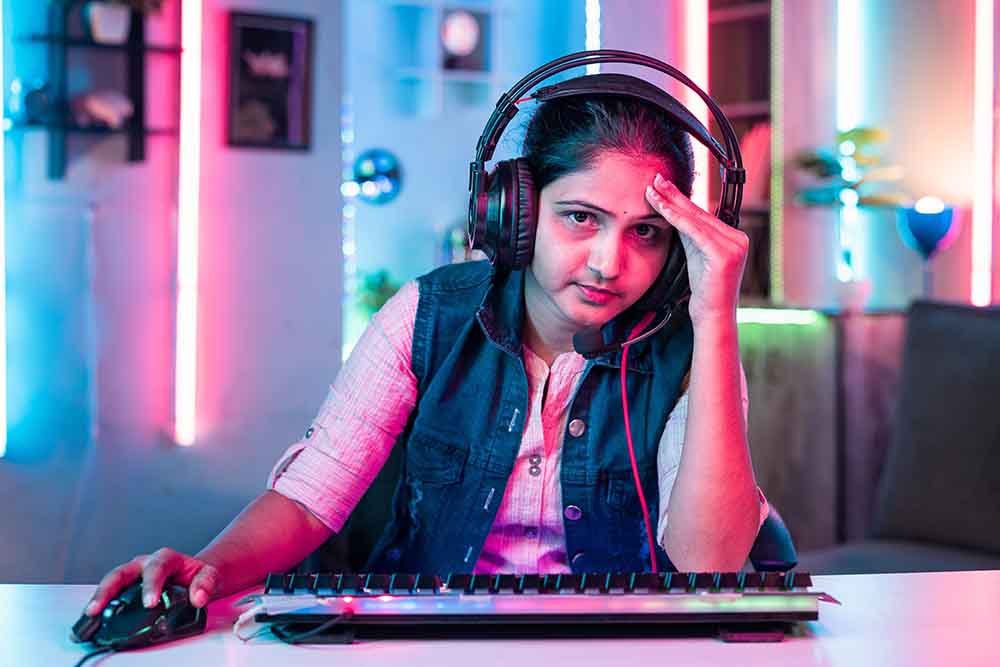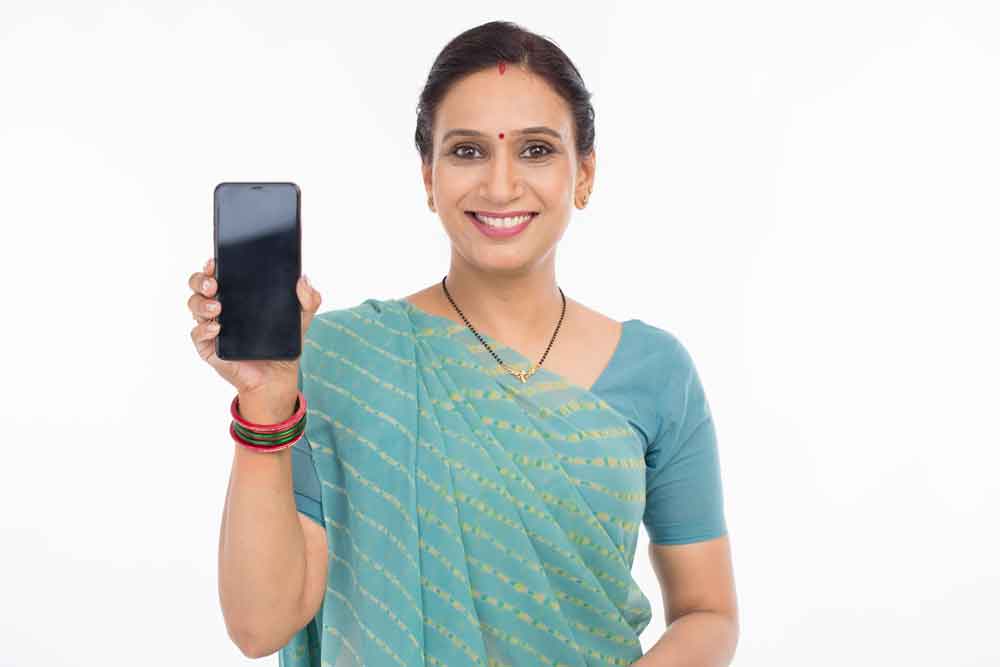In a revealing snapshot of digital habits and social dynamics among women in Kerala, a new gender survey from the Kattakada assembly constituency in Thiruvananthapuram shows that more than half of the women with social media accounts share their passwords with family members. Titled ‘Pennadayalangal’ (translated as ’Women's Thoughts‘), the survey was conducted by the Economics and Statistics Department and unveiled by Kerala’s Chief Minister Pinarayi Vijayan.

The Numbers Tell A Story
Of the total women surveyed, only 44.08 per cent reported having their own social media accounts. Among these, a significant 54.71 per cent admitted to sharing their passwords with family members. While this might point to a sense of transparency or familial trust, it also raises concerns around digital autonomy and privacy, especially for women.
WhatsApp remains the most used platform among women in the region, with 74.81 per cent using it regularly. In comparison, 40.17 per cent were active on Facebook, 16.53 per cent on Instagram, 3.48 per cent engaged in video gaming, and just 0.98 per cent used dating apps. The disparity across platforms reflects not just personal preference, but possibly also family influence or social pressures.
This isn’t an isolated trend. A 2023 Pew Research Center study found that globally, women are more likely than men to report concern over online privacy and harassment. In India, these concerns often translate into restricted digital freedoms at home - like being asked to share passwords or being monitored online.

Family Over Work?
The Pennadayalangal report goes beyond digital habits to shed light on women's work participation. 53 per cent of the women surveyed were engaged in income-generating activities, yet 48.03 per cent cited family responsibilities as the reason they could not take up a job.
What’s more concerning is that 12.16 per cent said they were forced to work due to financial pressure, and 25.86 per cent of working women said they took up jobs due to spousal pressure, not personal choice. Nearly 20 per cent were in jobs that didn’t align with their skills or interests.
This reveals a persistent gender gap in workplace participation and personal agency. According to the Centre for Monitoring Indian Economy (CMIE), India’s female labour force participation rate was only around 10 per cent in urban areas and 19 per cent in rural areas as of early 2024—a stark contrast to many developing nations.
Experts argue that the practice of women sharing social media passwords may stem from a deep-rooted culture of surveillance disguised as protection. To truly empower women, interventions must focus not just on economic schemes but also on building digital confidence, privacy literacy, and family-level dialogue around autonomy and consent.
